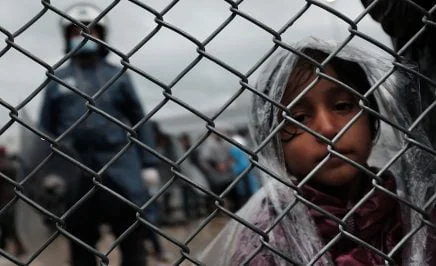The Australian government must act immediately to bring home the 25,000 Australians stranded overseas, or risk violating their human rights, Amnesty International Australia said today.
The government should leave no stone unturned; on top of increasing the cap they can charter additional flights, employ RAF resources, use airports other than Sydney, Perth, Adelaide, Brisbane, or use federal quarantine facilities to increase capacity for people to isolate themselves.
Amnesty International Australia campaigner, Joel Clark.
Several articles of international law explicitly state that people have the right to leave and return to their own country and not be deprived of the right to do either.
“At least 25,000 Australians, including up to 3000 deemed vulnerable, are stranded overseas – which is 25,000 people whose human rights are being violated,” Amnesty International Australia campaigner Joel Clark said.
“To get Australians home, the Federal Government needs to raise the caps they have in place that are preventing people from coming home. By raising it above the current arbitrary cap of 6,000 people returning per week, the government could have these people home in no time.
“The government should leave no stone unturned; on top of increasing the cap they can charter additional flights, employ RAF resources, use airports other than Sydney, Perth, Adelaide, Brisbane, or use federal quarantine facilities to increase capacity for people to isolate themselves.”
Background
- The Universal Declaration of Human Rights says, “everyone has the right to leave any country, including his own, and to return to his country” (Article 13(2))
- The International Covenant on Civil and Political Rights says, “No one shall be arbitrarily deprived of the right to enter his own country.” (Article 12(4))
- Human Rights Committee General Comment 27, on CCPR Article 12, said: “In no case may a person be arbitrarily deprived of the right to enter his or her own country … there are few, if any, circumstances in which deprivation of the right to enter one’s own country could be reasonable.”





